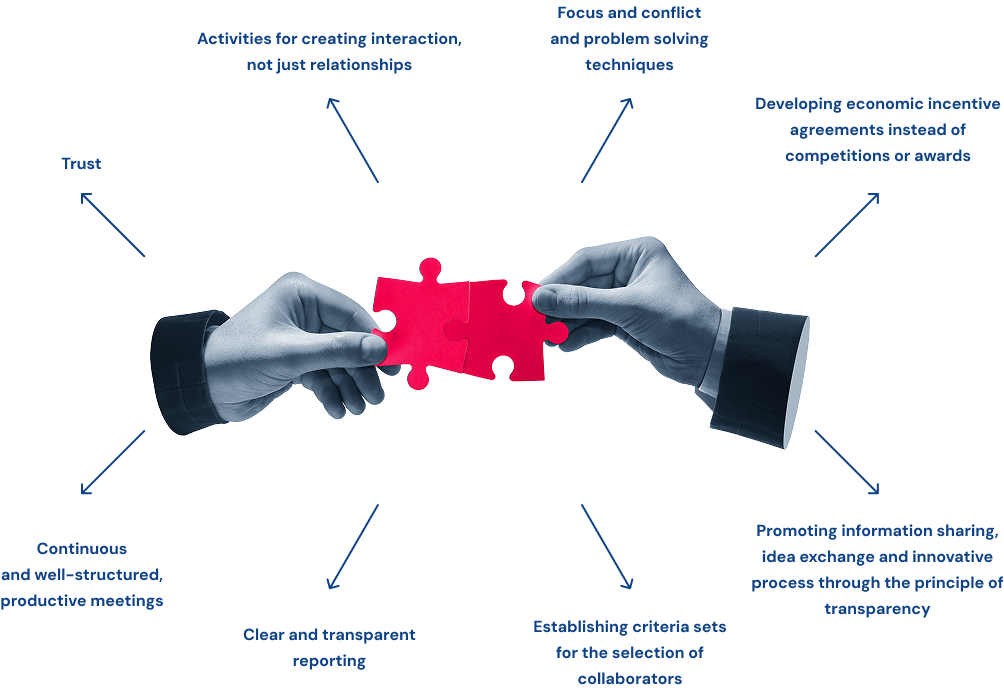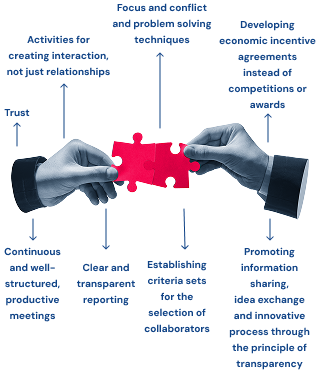
"Going Beyond Traditional Rationality to Explore New Frontiers"
SFG is structured under three main business areas:
SFG Partners™, which focuses on traditional venture investments and strategic growth; SFG
Impact™, dedicated to funding socially and environmentally conscious initiatives; and SFG
Enterprises™, which supports innovative startups through operational expertise and resources.
This structure enables SFG to address diverse investment opportunities while fostering meaningful
impact.


By questioning conventional and rationally accepted principles, we aim to manage uncertainties with creative and innovative solutions. This model seeks to go beyond traditional thought patterns, observing the transformation of uncertain processes and turning this transformation into a dynamic collaborative structure.
 Partnership
Partnership Partnerships aim to create new opportunities by bringing together different perspectives and areas of expertise. This process allows partners to leverage each other’s strengths and sets the stage for the emergence of innovative solutions.
 Partnership
Partnership The abandonment of logical and predefined thought patterns in collaboration processes opens the door to innovative perspectives. Since traditional rational approaches can be limiting, removing these constraints provides a more open and creative thinking environment.
 Opening
Opening By going beyond logic and rational thinking and embracing uncertainties and experimental approaches, new areas and opportunities can be created. This approach allows for the development of new strategies and solutions beyond traditional boundaries.
 Creativity
Creativity In the partnership process, transcending the boundaries of rational thinking enhances creative thinking and problem-solving skills. The convergence of different ideas and methods in collaboration can lead to the emergence of innovative solutions.
Our principle of "Partnership that opens new areas beyond traditional rationality" aims to support new opportunities and creative thinking processes offered by collaboration by transcending the boundaries of traditional logic. This approach provides the opportunity to produce more innovative and effective solutions by removing the constraints of classical ways of doing business.
Transition from Rules to Frameworks Transformation from Structure to Culture Progress from Hierarchy to Equality Shift from Stagnation to Innovation Movement from Conflict to Consensus